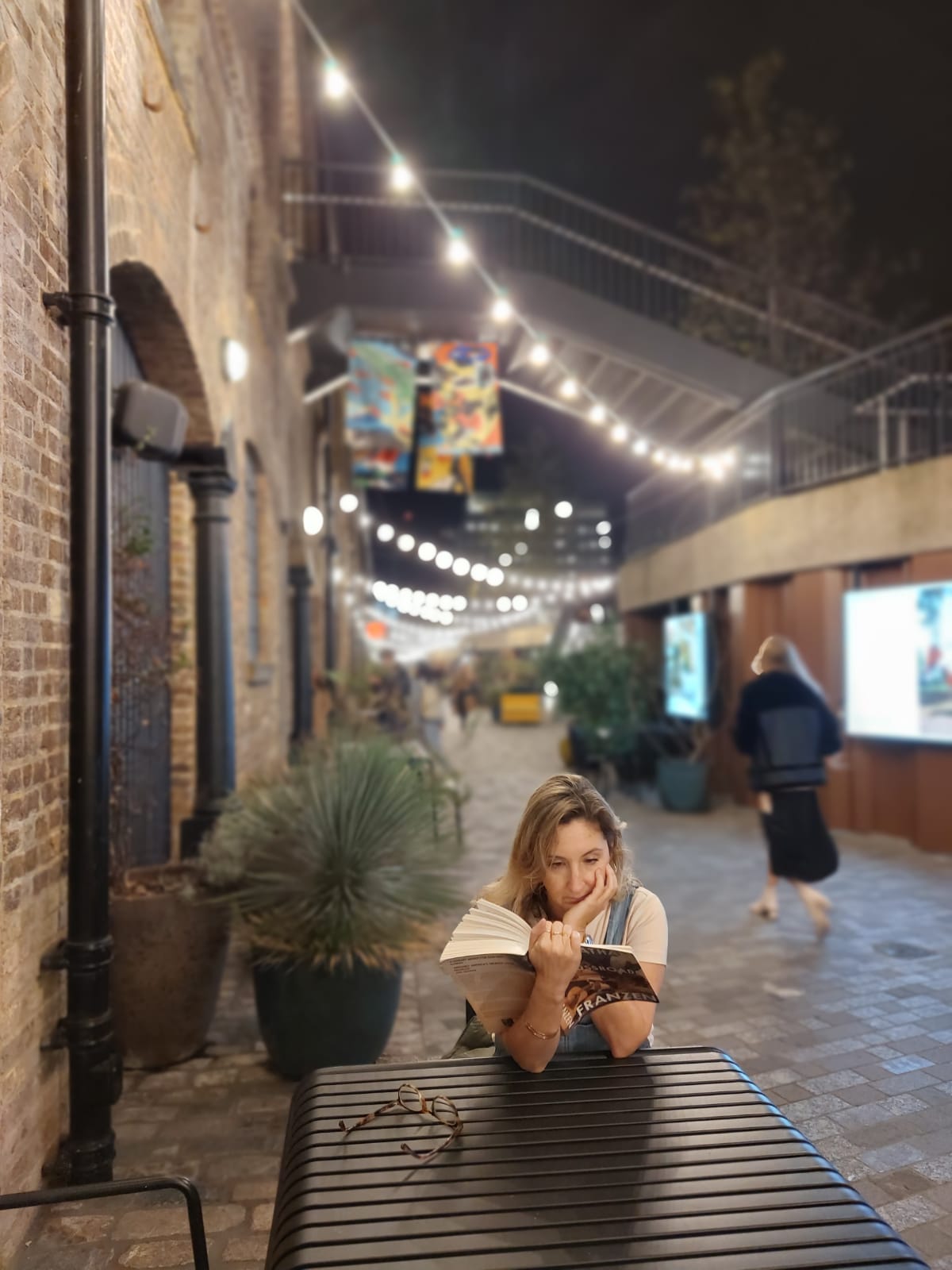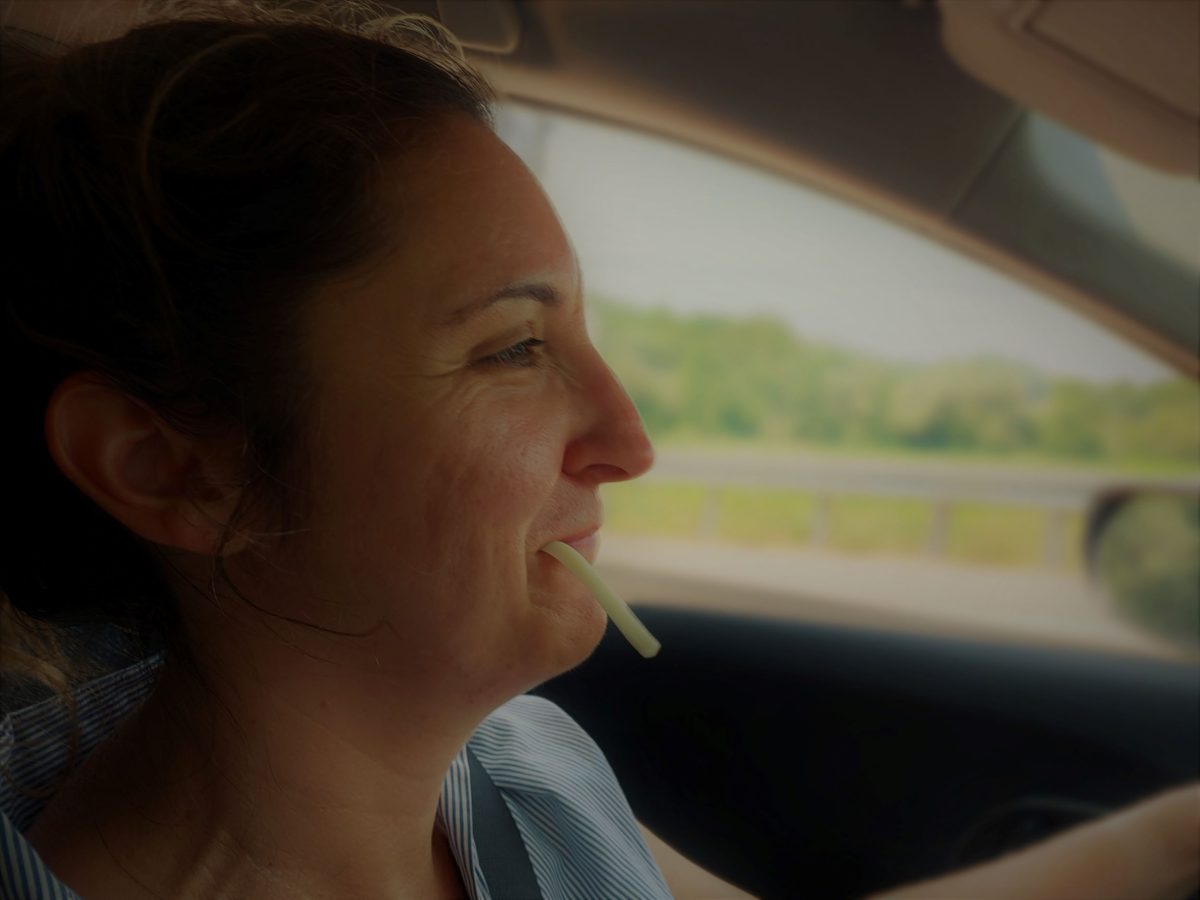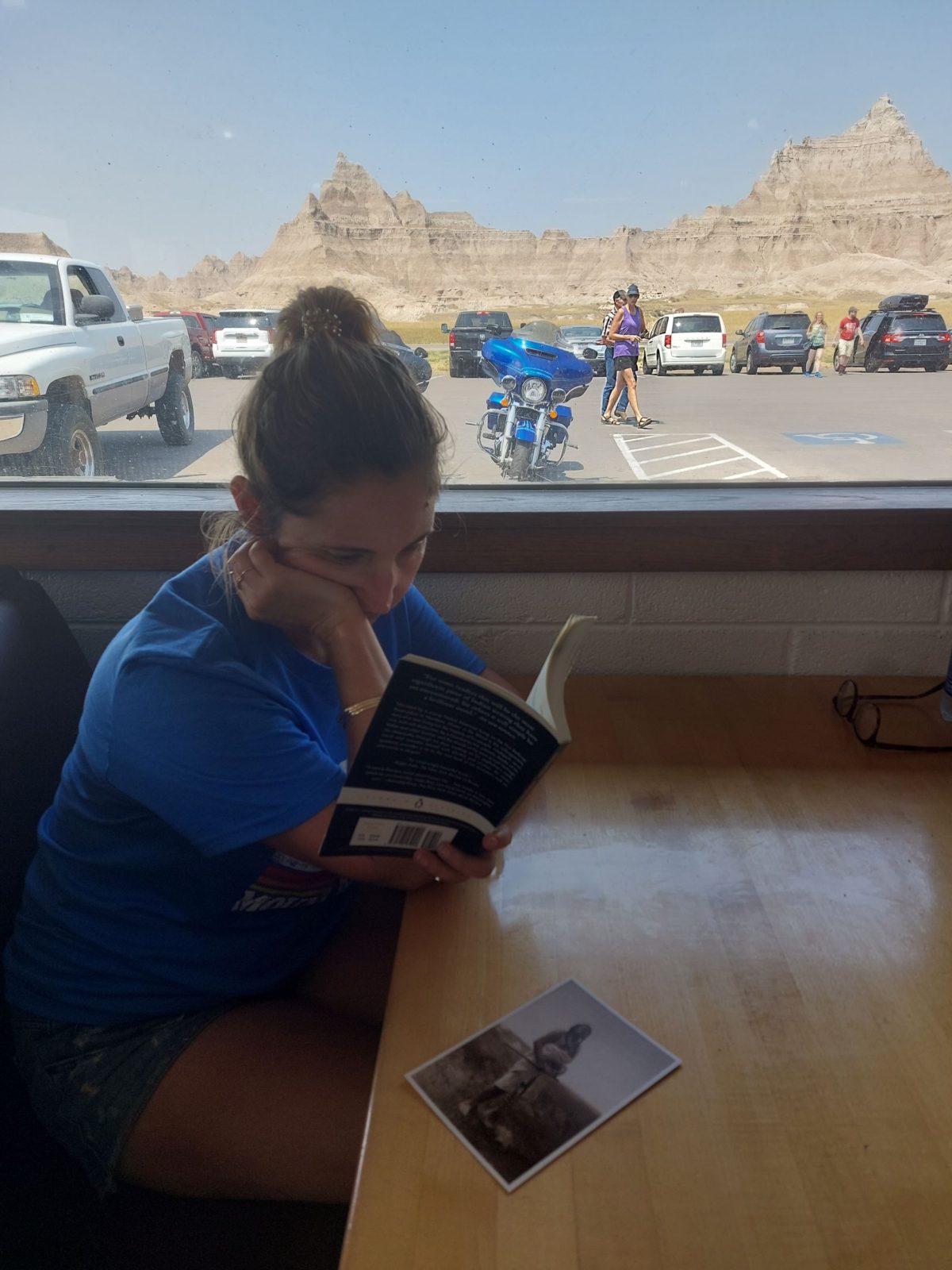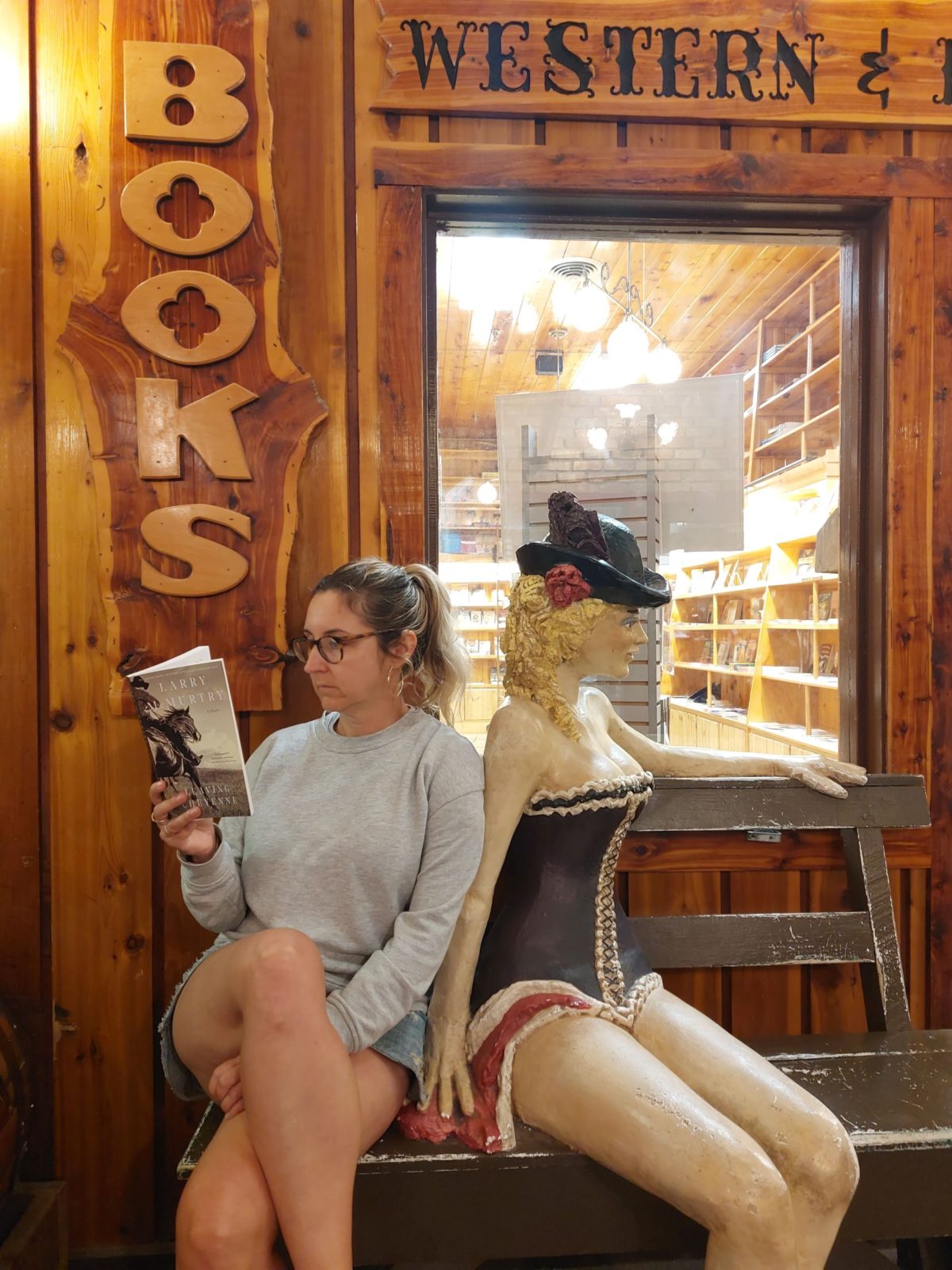Okay: I am about ready to give it up for Jonathan Franzen, and concede he may indeed be America’s greatest living novelist. Because this thing is LIT.
It tells the story of a nuclear family, over a period of about a year, from each of their perspectives (mom, dad, son, daughter, other son). From pg1, I was in. We open in
. . . the nursing home in Hinsdale, where the mingling smells of holiday pine wreaths and geriatric feces reminded him of the Arizona high country latrines. .
MWAHAHAHA. The father is a deputy minister at a Protestant church. He feels a sad kinship with the “dusty creche steer,” and is conducting an awkward flirtation with a parishioner. He is generally terrible at it, though he does get her to accept some vinyl records from him.
“He was not so bad at being bad as to not know what sharing music signified.”
Later he finally manages to get it together with his parishioner.
With a sigh, she closed her eyes and put her hand between his legs. Her shoulders relaxed as if feeling his penis made her sleep. “Here we are.”
It might have been the most extraordinary moment of his life.
The book is so incredibly well observed (‘that type of disinfectant unique to dentist’s office’ I mean god does he carry a notebook EVERYWHERE), so impressive in its creation of different points of view, so successful in concluding everyone’s arcs, I am just like DAMN
According to my blog, when I read a previous novel of his, FREEDOM, I was so overcome that I stopped on p38 to write a blog post about how much I already loved it. This was back in 2011, and it’s probably a good thing it was a while ago, because that book, like this, is a novel of a single nuclear family. I’d probably be able to see more of the authors tricks and obssessions and so be less impressed. As it is, let me just say again, DAMN.










